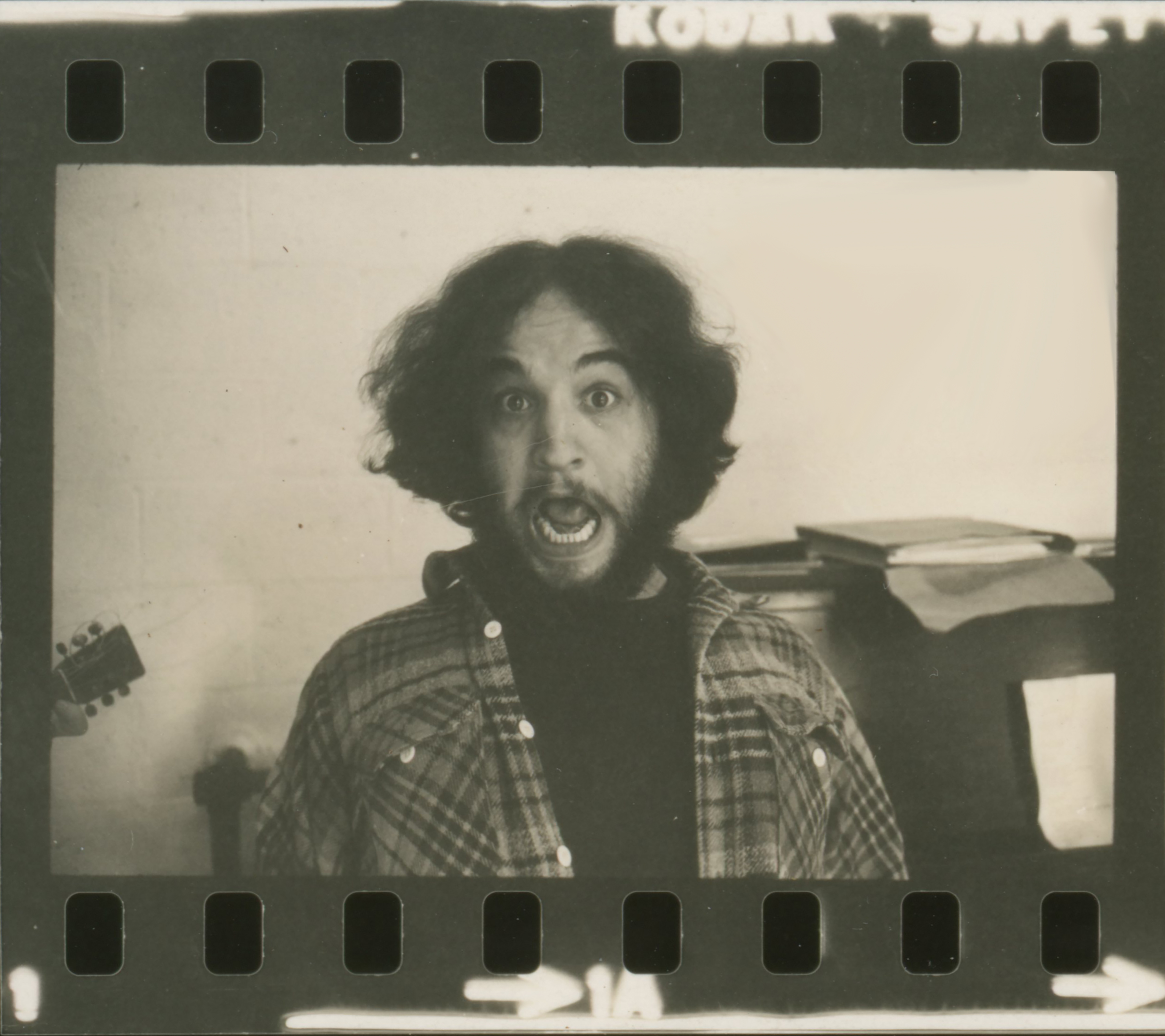We're seeking new members for our 2025 Board of Directors, as well as our founding Associate Board for young professionals 35 and under. Details and application at each of the links above.
The CHIRP Blog
KSanders writesCloseted Culture: Reviews of “Things We Dare Not Do” and “Summer of ‘85”

written by Kyle Sanders as part of his coverage of the 2020 Chicago International Film Festival
It's somewhat surprising to believe that anything good can be said about 2020, but the year at least gave us the Supreme Court ruling that workers cannot be fired for being gay or transgender. The news broke to many cheers, even while Covid cases were continuing to rise.
It could also be one of the last rulings to take place in support of LGBTQ rights now that Justice Ruth Bader Ginsburg--a liberal hero to so many--passed away last month and her replacement could swing the court into far right territory for many years to come. There is concern that the rights given to the LGBTQ population might be easily chipped away as a result.
The freedom we have in the United States doesn't always branch out to our LGBTQ community, and the rights they have fought so hard for have not been as easily acquired internationally. While the media presence of gays and trans people continues to grow, not every community widely accepts them.
Even though visibility has given many the courage to live out loud, there is still a danger in coming out. The Chicago International Film Festival has always been aware of how important it is to include LGBTQ films in their selection, as a way for us to observe how repression can still exist elsewhere around the globe.
Take for instance Bruno Santamaria's Things We Dare Not Do (Mexico). This documentary observes the small Nayarit town of El Roblito, where young Nono hides his love of dressing in women's clothing.
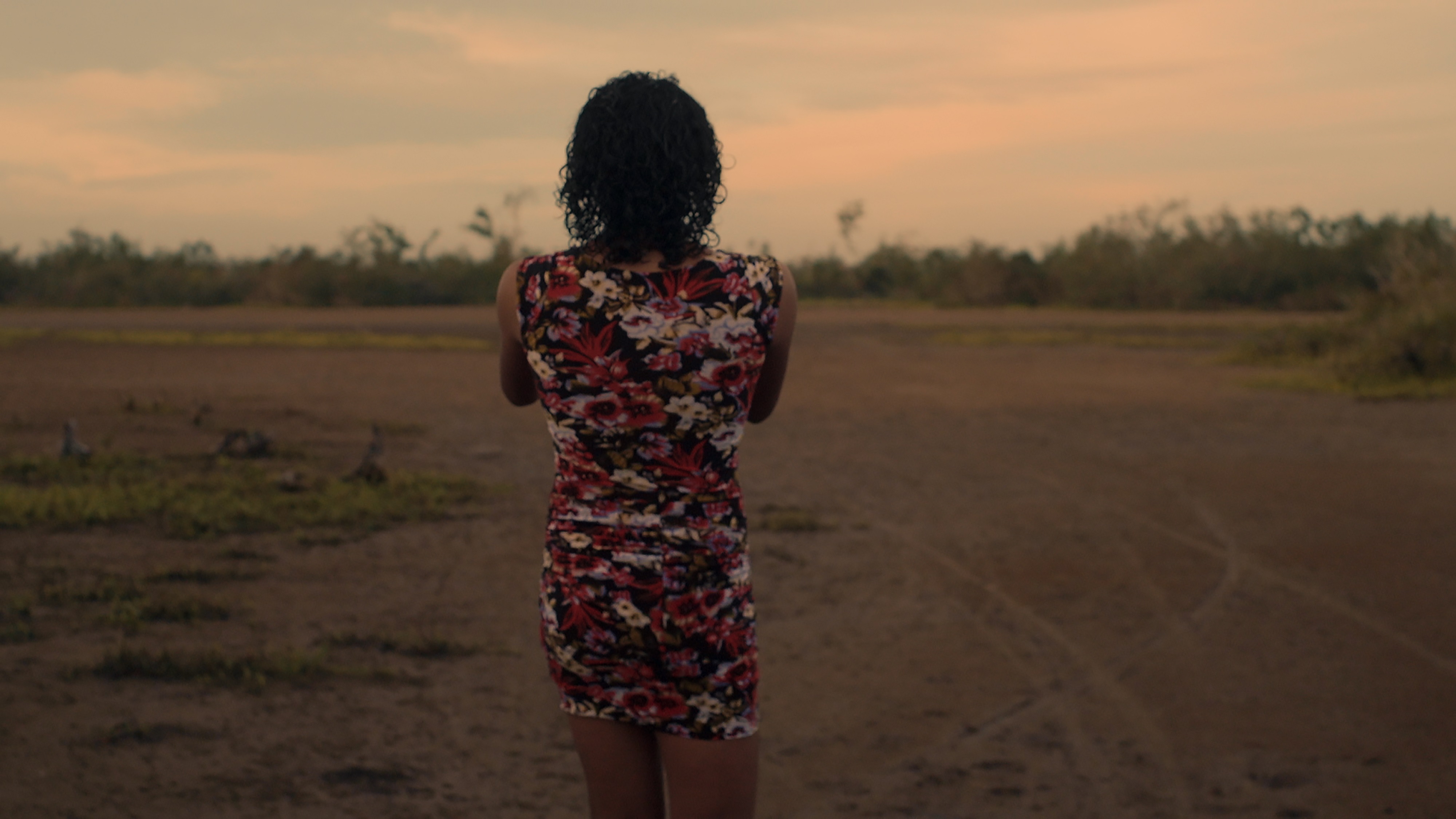
In a community where wild horses run as free as the children frolic in their free time, alternative lifestyles are not widely accepted, especially if you're male. Yet Nono is determined to live out his dreams, regardless of an environment not used to gender norms being defied.
Defiance is what attracts teenage Alexis to David in Francois Ozon's Summer of '85 (France). Set off the Normany coast during the decade of excess, young Alexis finds himself capsized in the midst of a storm only to be rescued by charismatic David.
Alexis finds himself seduced by David's charms, and soon the budding friendship evolves into something more. It isn't long, however, that Alexis begins to question David's motives, and their relationship becomes something more strained as David's inner demons begin to emerge.
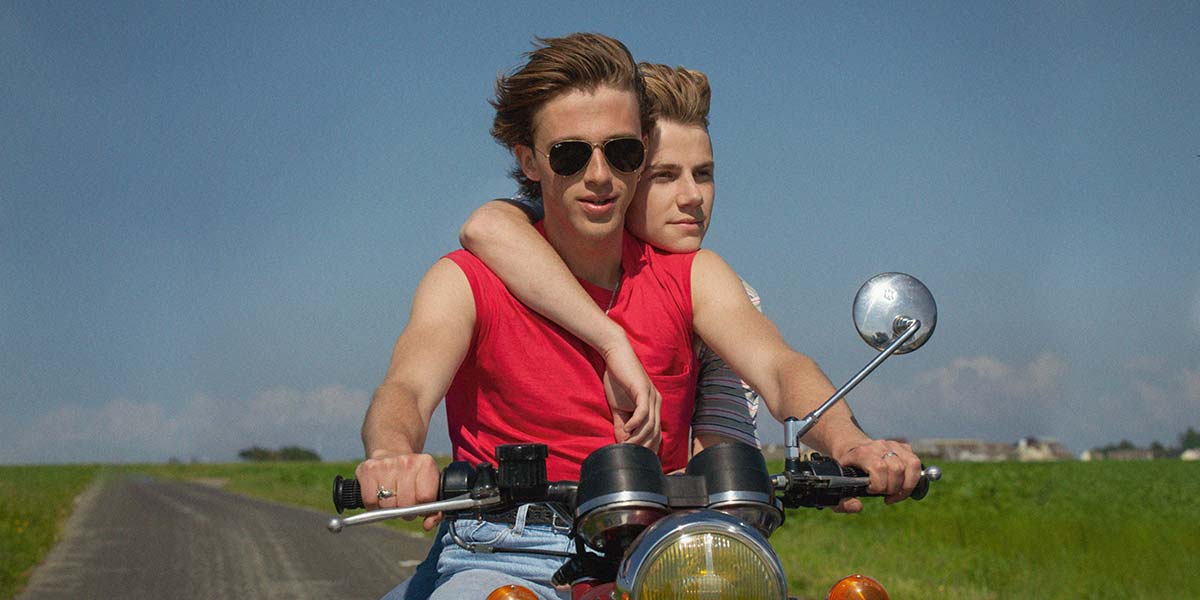
These queer-centric films handle their stories in different ways. For Things We Dare Not Do, Nono's cross-dressing is handled in quiet, secretive intimacy, as he only expresses himself alone, when no one else (other than the camera) is watching.
Otherwise the camera catches other goings-on, whether it's the children at school or at play, or the neighborhood coming together for an outdoor film viewing or school graduation. Nono is seemingly alone, at once part of the community and separate, like an outsider to everyone who loves him but does not fully understand him.
When it comes to Summer of '85, the queerness of Alexis and David is revealed without much subtlety, and their same sex attraction is barely hinted at before Alexis' narration makes it obvious. There is nothing explicit about their summer romance, but there is no intention to hide it either.
The evolution of queer cinema would suggest there is no reason for these kinds of stories to hide anymore. What was at one time only suggested or hinted at, no longer needs to be read between the lines.
A film like Summer of '85 can be as blatant with same sex attraction as it wants to be, and yet there are films that still must deal with repressed community standards of masculinity, as seen in Things We Dare Not Do.
There's a continuous dichotomy of finding happiness as yourself but also gaining acceptance from the society to which you belong. It's a shared struggle found in every culture to this day.
CHIRP Radio writesIn Rotation: Sincere Engineer
"Trust Me," the new single from Chicago band Sincere Engineer, is out on Hopeless Records in rotation on CHIRP Radio 107.1 FM Chicago!
CHIRP Radio writesIn Rotation: Shemekia Copeland
Uncivil War, the new album from Chicago artist Shemekia Copeland, is out on Alligator Records and in rotation on CHIRP Radio 107.1 FM Chicago!
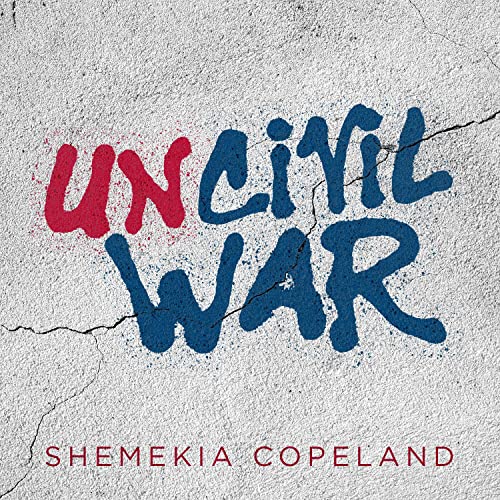
KSanders writesThe Ties That Bind: Reviews of “The Special” and “Gaza Mon Amour”

written by Kyle Sanders as part of his coverage of the 2020 Chicago International Film Festival
The human race is bound together by what we have in common, despite our many differences. Whether we are categorized by age, race, economic status, sex, or political affiliation, we all share the same struggles in keeping this world afloat.
For Americans, we're currently living through a political divide. Both sides--Democrats and Republicans alike--are just plain scared shitless for the future of our nation, and we think our particular political party knows what is best in moving forward.
With just a few weeks left before the presidential election, some minds have already been made up. What's left to ponder though, is what happens next once (or if) the dust settles.
International cinema provides us a glimpse to see what other struggles are out there beyond our borders, and more often than not, those struggles are relatively the same. Family arguments, career choices, communication failures, and hopeless longing are nothing new to our own experiences, but what the Chicago International Film Festival is great at providing, is fresh perspectives from other cultures.
In Ignacio Marquez' The Special (Venezuela), the family dynamic is in full focus: Chuo, a twenty-three year-old with Down Syndrome, lives with his father Jose, who can barely provide for his son let alone deal with the disappointing dreams of an unfulfilled career as a musician.
Too old to remain at a school for children with special needs, Chuo's father allows his son to work at a nearby graphic design studio, where a kindly employee discovers Chuo's passion for painting, and agrees to assist Chuo with applying for an exhibition for Down Syndrome artists.
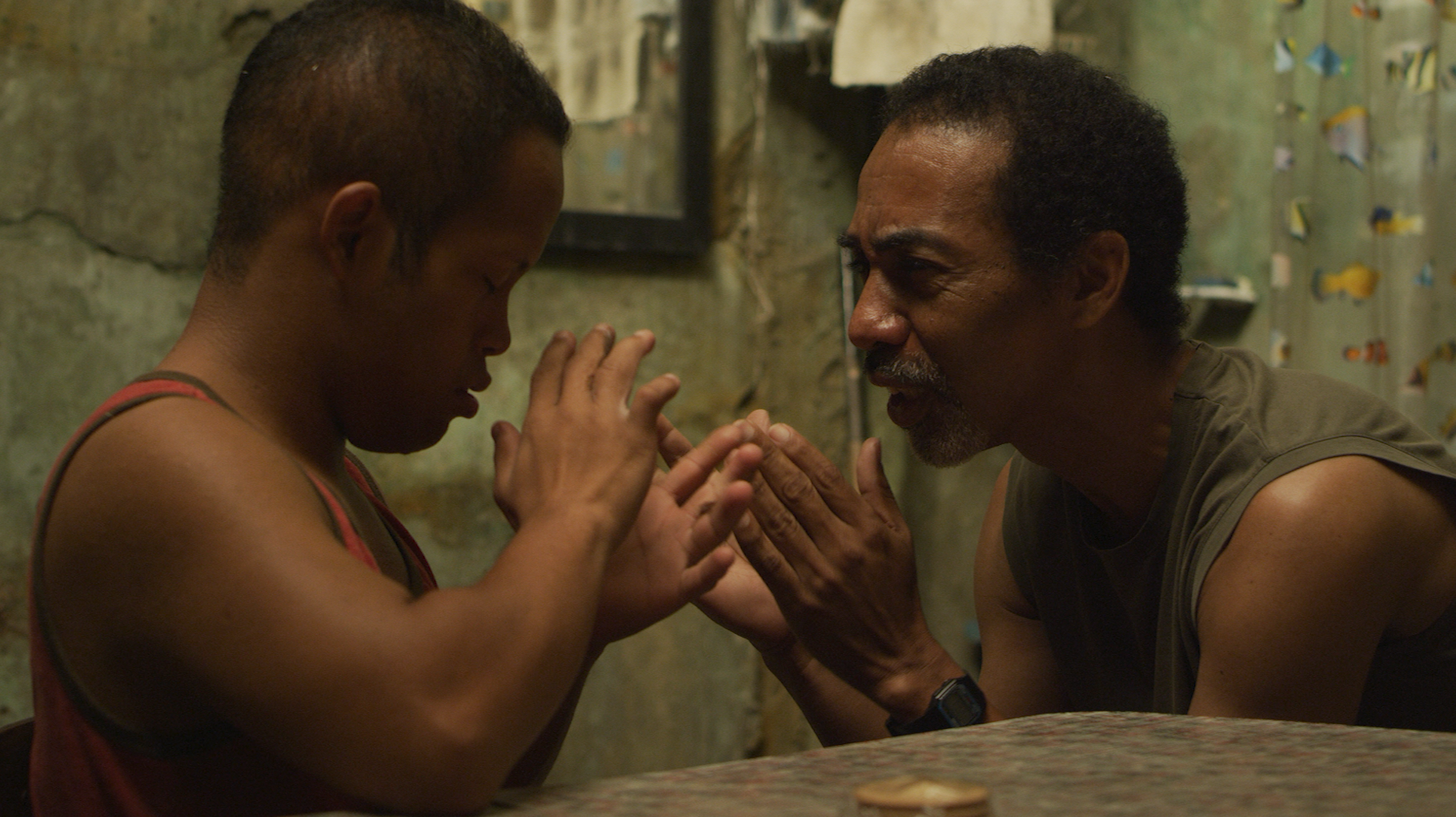
KSanders writesThe Most Dangerous Men in Comedy: Reviews of “Belushi” and “For Madmen Only”

written by Kyle Sanders as part of his coverage of the 2020 Chicago International Film Festival
Comedy, like a documentary, is always better when it's honest. There's truth in comedy as there is truth in documentary, so I guess making documentaries about comedy legends would seem like the right thing to do.
Coincidentally, both men happen to be groundbreaking legends of the comedy world, having ties to the same Chicago institution where they even shared the same space for a moment in time. They also both died way too soon.
What these men also have in common is their extremely complicated dark sides that contrasted with their bright improvisational talents.
Belushi opened this year's Chicago International Film Festival, and is about the late Saturday Night Live veteran. Acclaimed filmmaker R.J. Cutler (The War Room, The September Issue) weaves audio interviews with some of Belushi's most common collaborators (including Dan Ackroyd, Chevy Chase, Lorne Michaels, and the late Harold Ramis) to narrate his rise and fall, from his Albanian upbringing in Wheaton, Illinois, to his early start at Second City and the National Lampoon Radio Hour, to his eventual rise to stardom in comedy classics like Animal House and The Blues Brothers. Behind his anarchic and unpredictable persona, however, hid a vulnerable, erratic individual who only felt comfortable on stage rather than off it.
